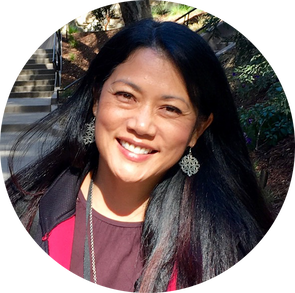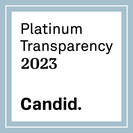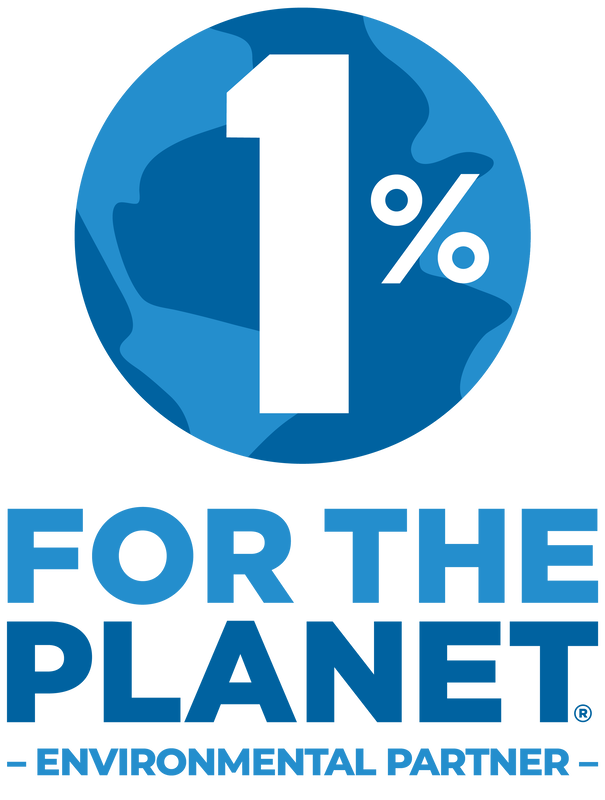|
SEI is proud to share about the incredible and inspiring sustainability leaders who serve on our board. Today we are shining the spotlight on Elaine Ikeda, Executive Director of LEAD California. With her 30+ years of experience in higher education, Elaine is serving the public good and building a more just and equitable democracy for all.  Elaine K. Ikeda Elaine K. Ikeda Elaine K. Ikeda has led LEAD California (formerly California Campus Compact) since 2000. She has 30+ years of experience in higher education — conducting research on volunteerism, service-learning, and community service, and designing retreats, workshops, and learning communities for college faculty, administrators, staff, and students. She has co-authored several journal articles and book chapters on service-learning, community engagement, and student development. She holds a Master of Public Health from CSU, Long Beach, and a master's degree and doctoral degree in Higher Education from UCLA. Why do you serve on SEI’s board? I became aware of SEI around 2004, when one of our colleges partnered up with SEI for their service-learning programs. Since then, I’ve been a long-time partner and promoter of SEI’s work. In particular, Stephen Miller has been a strong collaborator and partner with LEAD California, serving on our Strategic Planning committee and presenting at our regional conference. I was honored to receive the invitation to serve on the board, and I view it as a way to contribute to the future and share the good work of the organization through my higher education network. What about SEI inspires you the most? I’m inspired by the vision Cyane has for SEI and how she has grown the organization. I have enjoyed working with Cyane, Stephen, and Jake over the years, and in doing so, have been impressed and inspired by the way they have been able to carry out the vision, and grow and change with the times. What has, thus far, been the most pivotal or defining experience of your career? I started out my career in health education, and while working in the student health center at UCLA, I decided to get a Ph.D. in education. I obtained my degree in higher education and organizational change, and have worked with and learned from some amazing faculty at UCLA. This led to being selected as the director of LEAD California – a coalition of colleges and universities committed to educating students to be civically and socially responsible leaders in our democracy. I’ve been fortunate to be in this role for over 20 years, and I’m still passionate about my work and our mission. How do you see higher education leading the charge in building a sustainable future?
Higher education has a key role to play, as the educators of our future leaders. Higher education also employs the researchers and scientists who will help us build a sustainable future. There is so much that higher education can and must do to be at the forefront of innovation and to be the drivers of systems, practices, and tools to help us in building a sustainable future. Higher education also needs to support more programs like SEI’s Energize College and Climate Corps. How can students (or teachers/faculty) get more involved in climate action? There are many opportunities for college students to get more involved in climate change. Students can seek out extra-curricular activities via student groups, clubs, and organizations on campus. They can also take courses that focus on the environment, or climate change, and climate justice. Faculty can take advantage of many professional development opportunities (conferences, workshops, training institutes, online webinars, etc.) to learn more about climate action and justice. Our organization, LEAD California, provides trainings and fellowship programs for our higher education member campuses. What does a resilient world look like to you? I have what some may say is an idealistic view of a “resilient” world – I believe that if we cultivate a stronger sense of shared community in our society, then we can build a more resilient and sustainable world for all. This entails strengthening social responsibility and shared humanity in our local and global communities, and an individual and collective commitment to equity and social justice. We would focus less on individualism and capitalism, and embrace building an ethical, caring, peaceful and trusting world.
0 Comments
Leave a Reply. |
Get In TouchDo you know an environmental leader who should be featured in a story? Reach out to [email protected]. Categories
All
Archives
April 2024
|
Get Involved
|
Contact Us
|
SEI Headquarters
100 Smith Ranch Road, Suite 124 San Rafael, CA 94903 Phone: (415) 507 - 2181 Email: [email protected] States where we work:
Arizona California Colorado Indiana Maryland New Mexico New York New Jersey North Carolina Oregon Washington Virginia |
ConnectSubscribe to the SEI quarterly newsletter to get involved and receive updates
|
SEI is a 501(c)3 nonprofit organization.

 RSS Feed
RSS Feed

